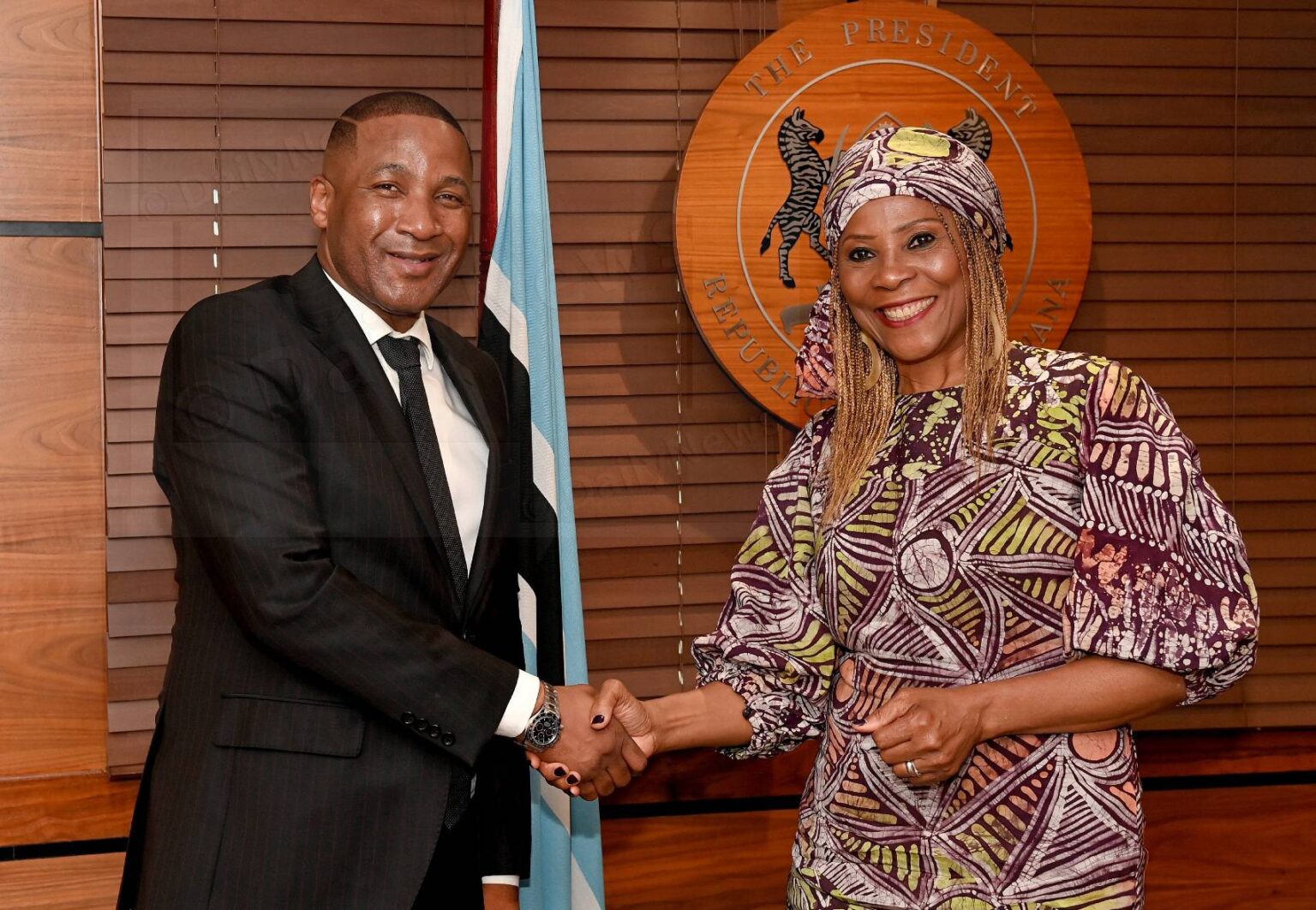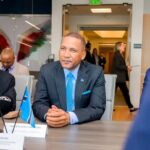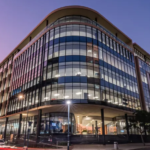President Advocate Duma Boko has extended heartfelt appreciation to the United Nations Development Programme (UNDP) for its steadfast support and fruitful collaboration with Botswana on various development and human rights initiatives.
During a meeting with Ms. Ahunna Eziakonwa-Onochie, the UNDP Regional Director for Africa, at the Office of the President earlier today, President Boko emphasized the vital role that UNDP plays in fostering progress. He acknowledged the organization’s extensive experience and involvement in issues of development and human rights, highlighting how its support aligns with Botswana’s aspirations for sustainable growth and inclusive development.
UNDP’s Role in Supporting Botswana’s Development Goals
President Boko commended the UNDP for its practical contributions to Botswana’s development journey, stating that:
“UNDP’s longstanding involvement and experience in issues of development and human rights will assist my government’s development initiatives in practical and demonstrable ways.”
Over the years, the UNDP has been instrumental in helping Botswana tackle pressing challenges, ranging from economic diversification and climate change adaptation to youth empowerment and gender equality. President Boko noted that the collaboration between Botswana and the UNDP exemplifies how global partnerships can yield tangible outcomes for national development.
A Shift in Focus: Supporting Middle-Income Countries
During the meeting, Ms. Ahunna Eziakonwa-Onochie praised Botswana for its progress, adding that the UNDP has broadened its focus to include middle-income countries (MICs) like Botswana.
She explained that while the UNDP’s previous efforts centered primarily on assisting least developed countries, there is a growing recognition of the importance of supporting MICs to sustain and amplify their success stories. She said:
“Botswana’s continued success can become a model to be emulated by the continent.”
This shift in approach underscores the UNDP’s commitment to fostering growth in countries that have achieved significant development milestones but continue to face unique challenges, such as economic inequality and climate resilience.
Botswana as a Regional Model
Botswana’s journey of transformation—from a low-income country at independence to a middle-income nation with a robust democratic framework—is a testament to visionary leadership and sound policy choices. The partnership with the UNDP enhances this trajectory by providing technical expertise, funding, and innovative solutions to emerging challenges.
As Ms. Eziakonwa-Onochie emphasized, Botswana’s success story has the potential to inspire other African nations to prioritize sustainability, inclusivity, and resilience in their own development strategies.
Strengthening Partnerships for Sustainable Development
The meeting concluded with a mutual commitment to deepening the partnership between the Government of Botswana and the UNDP. Future collaborations will likely focus on:
• Advancing climate action: Addressing the challenges of climate change, particularly in vulnerable sectors such as agriculture and water management.
• Promoting human rights: Enhancing governance frameworks to uphold justice, equality, and human dignity.
• Youth and women empowerment: Building programs that create opportunities for Botswana’s youth and women to thrive economically and socially.
• Economic diversification: Supporting efforts to reduce reliance on traditional sectors like mining and foster innovation in emerging industries.
Conclusion
The meeting between President Duma Boko and Ms. Ahunna Eziakonwa-Onochie reaffirms the importance of international partnerships in advancing sustainable development. Botswana’s collaboration with the UNDP exemplifies how shared expertise and resources can drive impactful change.
As Botswana continues its journey of progress, the partnership with the UNDP will remain a cornerstone of its strategy to address challenges, empower its people, and inspire the African continent to achieve its full potential.






